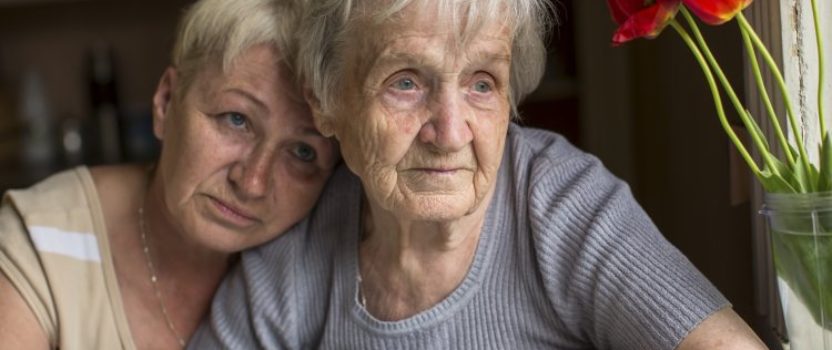DEPRESSION IS A MASTER OF DISGUISE
Many people have some idea of what depression is. It’s like a sadness, but there isn’t any obvious reason for it, and it just doesn’t seem to go away. Often the person “is” a depressed person: thinking negatively, not enjoying things, never happy. Sometimes people who have never been depressed look down on someone who is depressed. The feeling is: “why doesn’t she just snap out of it?” or “What does he have to be depressed about?”
But depression doesn’t work that way. It creeps into the brain and changes perception so that everything is colored by it. And one of the changes it makes is to take away the person’s ability to comfort himself. He may not feel he deserves comfort, or he may have no initiative inside him to stand up and go get it.
The person with depression may have no idea he has it. He may just see the world in this negative way and think that’s reality. He may be irritable, hard to please, volatile in his moods. He may sleep a lot, or he may wander the halls in the night because he can’t sleep at all. He may not eat much, and lose weight, or he may start eating junk food and gaining weight. He may just sit and stare, or stop doing his usual activities without telling anyone why.
If the person who is depressed is getting old, then it is even harder to see depression for what it is. The weight loss may look like illness. The sleeping may look like “it’s mom’s time to go.” The no longer doing usual activities could be “dad’s slowing down.” Sometimes depression in an older person even looks like dementia—inability to remember things, or to think properly. But maybe it’s just depression—and I say “just” because depression does not signal the end of life, and depression is treatable.
Aging brings many losses—the death of friends, the knowledge of one’s own mortality, loss of mobility, loss of mental sharpness, poor vision or hearing, and loss of independence are just some of them. These by themselves can cause the older person to withdraw, or seem to fail. Depression can even cause older people to die (if they refuse care before they otherwise would have, or if they make themselves malnourished, or give themselves a blood clot from being so immobile, or if they fall from being so tired and deconditioned).
So any persistent changes in mood or behavior in an older person should be brought to the attention of the person’s doctor. The doctor should explore whether there is depression, and if so, if there are losses behind it that can be addressed. Sometimes a move to an assisted living is enough to relieve the depression (or a move to a family member’s house). Sometimes therapy is helpful. And most of the time, a medication can be found that will relieve the symptoms, often to a large degree (though the medication has to be chosen carefully in the elderly).

